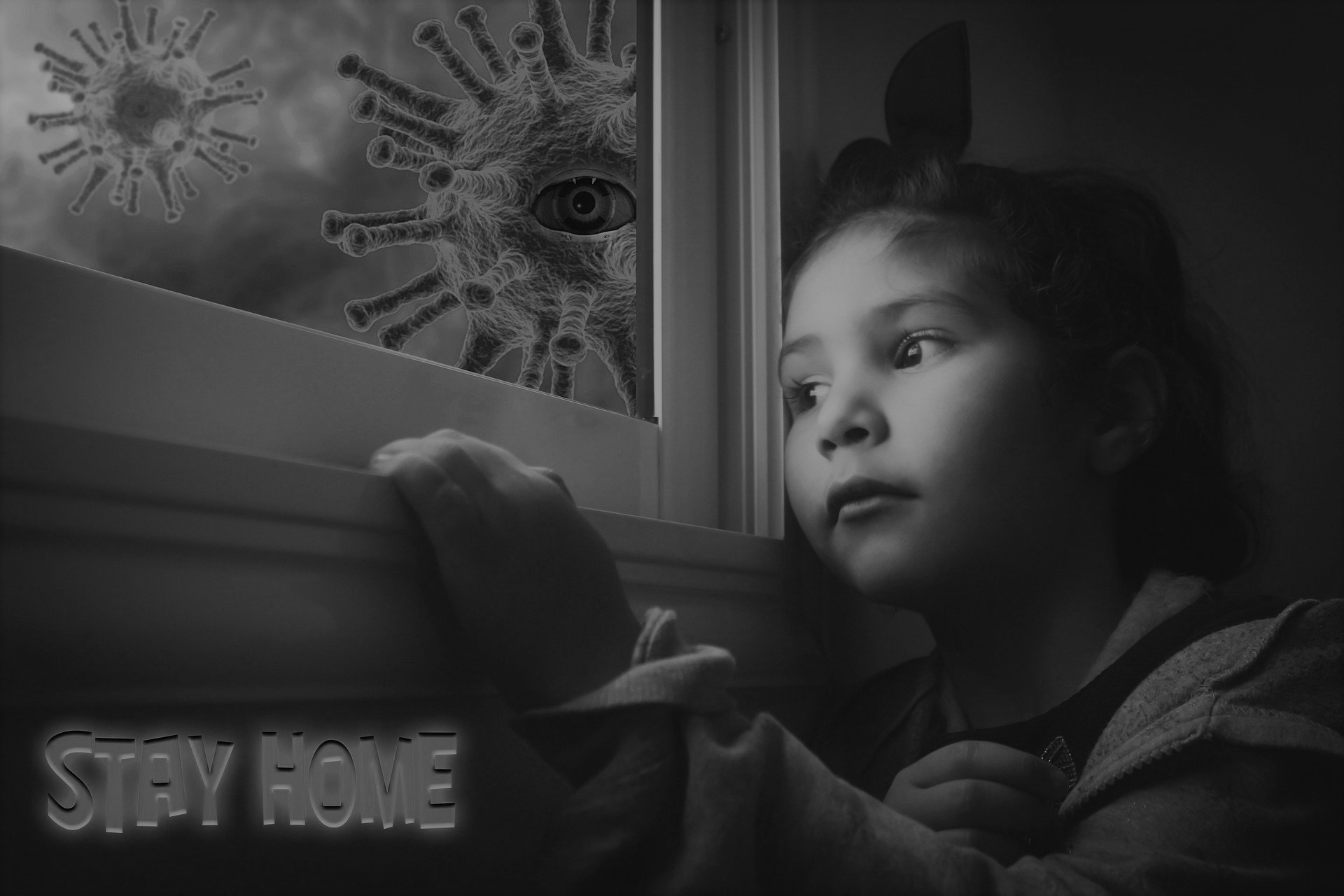The educational practices developed in the Covid-19 teaching and learning process
Main Article Content
Abstract
In a global scenario, COVID-19 reached and transformed several sectors in 2020. A series of social problems emerged, from issues that widened the existing inequalities, as well as those that negatively affected economic growth. However, among the main sectors that have been affected, education is being one of the most affected. The consequences resulting from this pandemic moment require an analysis of how teachers are dealing with the teaching and learning process. Therefore, it was from this observation that the proposal to discuss this article arose, in which it will have reflections from teachers and the way their classes are being taught. The purpose of this article is to analyze from the perspective of the teacher how the educational process is going and the consequences that will arise in the post pandemic.
Downloads
Article Details

This work is licensed under a Creative Commons Attribution 4.0 International License.
References
BACICHI, Lilian; MORAN, José. Metodologias ativas para uma educação inovadora: uma abordagem teórico-pratica. Porto Alegre: Penso, 2018.
BELLINI, C. G. P.; ISONI-FILHO, M. M.; MOURA-JÚNIOR, P. J.; PEREIRA, R. C. F. Self-efficacy and anxiety of digital natives in face of compulsory computer-mediated tasks: A study about digital capabilities and limitations. Computers in Human Behavior, Amsterdam, v. 59, p. 49-57, jun. 2016. https://doi.org/10.1016/j.chb.2016.01.015
BEZANILLA, M. J., FERNÁNDEZ-NOGUEIRA, D., POBLETE, M., GALINDO-DOMINGUEZ, H (2019). Methodologies for teaching-learning critical thinking in higher education: The teacher´s view. University of Deusto, Bilbao, Spain Thinking Skills and Crestivity, 33 (2019) 100584. https://doi.org/10.1016/j.tsc.2019.100584
BRASIL. Base Nacional Comum Curricular (BNCC). 2018.
CARVALHO, M. L. A. (2013). Aceitação e intenção de uso do mobilelearning: modelagem e teste empírico com alunos do ensino superior (Dissertação de Mestrado). Pontifícia Universidade Católica do Rio de Janeiro. Programa de pós-graduação em Administração. https://doi.org/10.17771/pucrio.acad.21926
GARCIA, L. P.; DUARTE, E. Intervenções não farmacológicas para o enfrentamento à epidemia da COVID-19 no Brasil. Epidemiologia e Serviços de Saúde, Brasília, v. 29, n. 2, abr. 2020. https://doi.org/10.5123/s1679-49742020000200009
GANDOLFI, A. (2020). Planning of school teaching during Covid-19. Journal Pre- proof. Please cite this article as: A. Gandolfi, Planning of school teaching during Covid-19, Physica D (2020), doi: https//doi.org/10.1016/j.physd.2020.132753.
GIL, A. C. Métodos e técnicas de pesquisa social. São Paulo: Atlas, 2006.
GONZÁLEZ. A. G; SALGADO, D.R; J. SANZ-CALCEDOB, GARCIA; GARCÍAA, C.C., BARRIOS,J; MAURIELB, O; Pérez, L; Garcíaa, F.J. Á (2019). A teaching methodology for the real-time assement of student´s competencies related to manufacturing subjects using technology. 8th Manufacturing subjects using technology based on electronic devices. Procedia Manufacturing 41(2019) 579-586. https://doi.org/10.1016/j.promfg.2019.09.045
GUSSO, H. L.; ARCHER, A. B.; LUIZ, F. B.; SAHÃO, F. T.; DE LUCA, G. G.; HENKLAIN, M.;
PANOSSO, M. G.; KIENEN, N.; BELTRAMELLO, O.; GONÇALVES, V. M. Proposição de instrumento para caracterizar as condições dos professores e dos estudantes envolvidos no ensino remoto em tempos de pandemia, OFS Storage, ago. 2020. https://doi.org/10.17605/OSF.IO/BFE39
PORTARIA Nº 345, DE 19 DE MARÇO DE 2020. Publicado em: 19/03/2020 | Edição: 54-D | Seção: 1 - Extra | Página: 1
PRODANOV, C. C.; FREITAS E. C. Metodologia do trabalho científico: Métodos e Técnicas da Pesquisa e do Trabalho Acadêmico. 2 Ed. Novo Hamburgo: FREEVALE-2013.
SENHORAS, E. M.; PAZ, A. C. O. “Livro eletrônico como meio de desenvolvimento institucional da Universidade Federal de Roraima”. Educação no Século XXI: Tecnologias. 1ª edição. Belo Horizonte: Editora Poisson, 2019. https://doi.org/10.36229/978-85-7042-139-5.cap.19
UNESCO – United Nations Educational, Scientific and Cultural Organization. “COVID-19 Educational Disruption and Response”. UNESCO Website [06/05/2020]. Disponível em: . Acesso em 06/05/2020.

